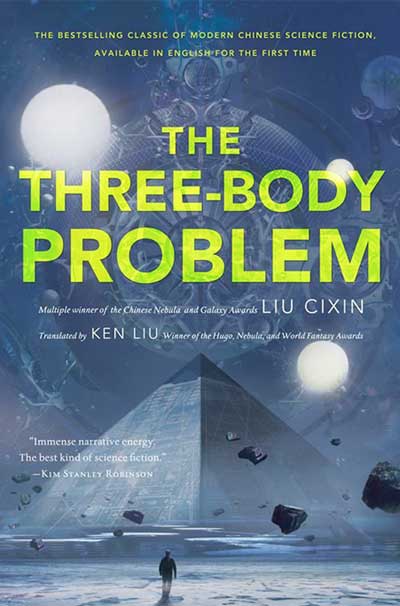 |
|
Photo provided to China Daily |
However, it's still a win-win cooperation for Tencent and Liu.
Liu will receive a sizable payment for his script and also reach a good number of potential readers.
In return, Tencent will gain a lot of publicity by hiring Liu as the "imagination architect".
Liu's books have sold more than 1 million copies. The English version of the Three-Body Problem has sold more than 20,000 copies since November and has just been nominated as a finalist for a top US sci-fi prize, the Nebula Awards.
As one of the major game makers and operators in China, Tencent relies heavily on its gaming sector. According to the company's annual report, gaming revenue was 44.7 billion yuan ($7.2 billion) in 2014, accounting for 56 percent of its annual total revenue.
Other influential online writers previously dabbled in China's lucrative gaming market.
In 2009, Zeng Yu, better known as Jin Hezai, the author of a popular fan fiction Biography of Wukong based on the classic Chinese novel Journey to the West, was hired by Tencent to adapt his work into an online game.
Zhang Wei, one of China's wealthiest authors who writes online under the nom de plume Tangjia Sanshao, invested in the game company Diyibo Network Tech, and had one of his novels Ice and Fire of the Magical Kitchen adapted into a mobile game in 2014.
Xu Lei, who is the author of the famous grave-robber series Tomb Robbers Journal, released a mobile game based on the series in 2014.
According to the 2014 China Gaming Industry Report published in December, in the past five years the annual revenue of the country's gaming market reached 114 billion yuan. And the average growth rate has been higher than 30 percent.
"Game creation will probably become a very important form of art and will gradually converge with mainstream culture and occupy more room in people's lives," says Liu.